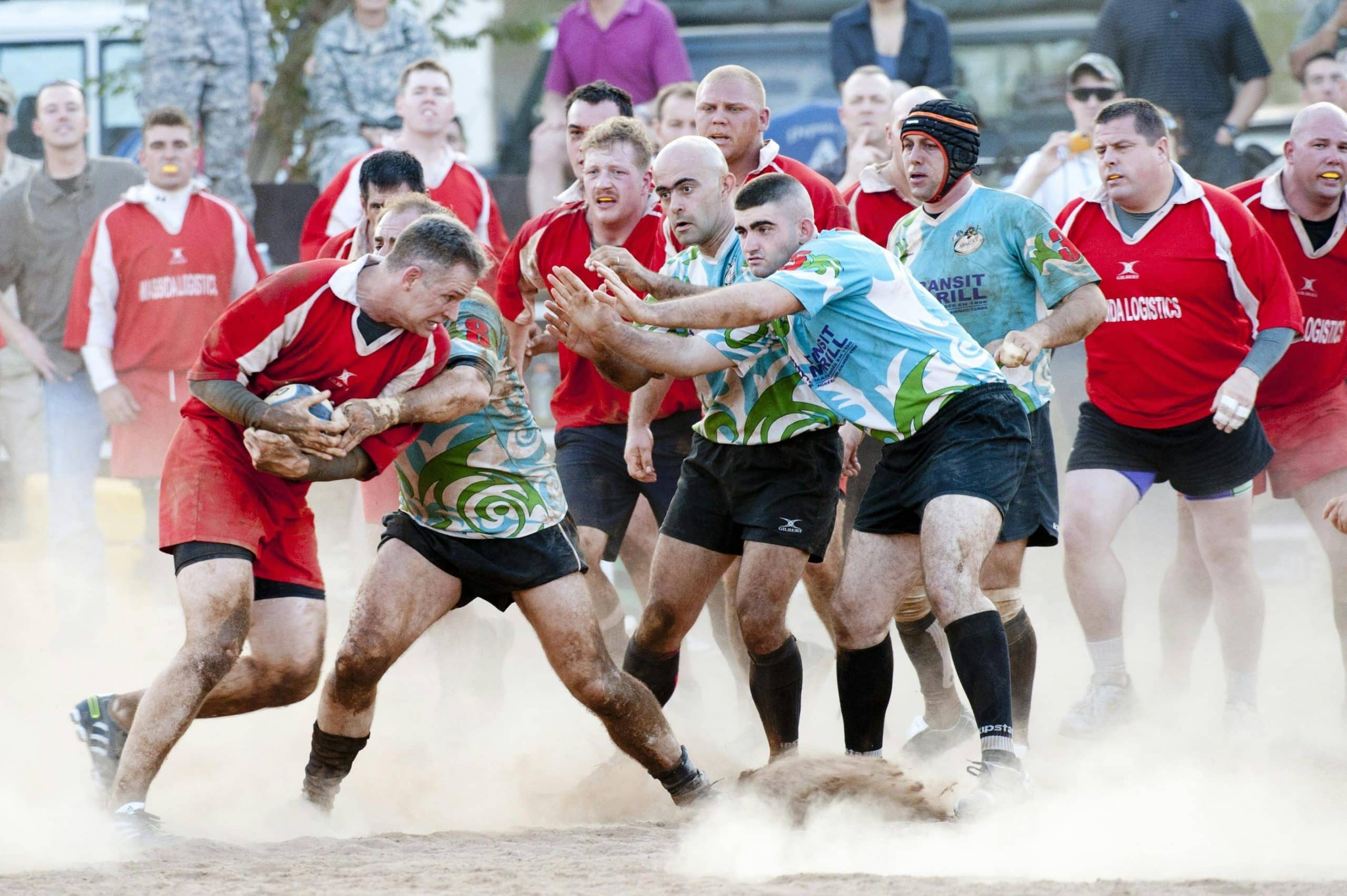When it comes to sports performance, the psychological aspect plays a crucial role. Whether it is a basketball player taking a free throw, a tennis player serving for the match or a rugby player lining up a penalty kick, the pressure to perform can be immense. This article explores how cognitive-behavioral strategies can significantly enhance penalty kicking in rugby players. We will delve into various studies and data retrieved from databases like Google Scholar, Crossref, and PubMed. We’ll analyze these studies with an emphasis on the task of penalty kicking, the interventions used, and their effects on performance.
The Pressure of Penalty Kicking
Penalty kicking in rugby is a high-pressure task. The outcome of the kick can often decide the fate of the game. The players have to manage not just the physical technique of kicking, but also the psychological pressure they face. Various studies have highlighted that under intense pressure, athletes’ performance can deteriorate.
Additional reading : What Are the Best Approaches to Foster Team Spirit in Individualistic Sports Like Golf?
In a study carried out at a well-known university, participants were asked to perform a series of tasks under different levels of pressure. The data showed a significant drop in performance when the tasks were performed under pressure. This illustrates how pressure can affect performance, even in tasks that the participants were well-versed in.
Intervention Techniques for Performance Improvement
Cognitive-behavioral strategies are interventions that can be employed to improve performance. These strategies work on the premise that our thoughts and behaviors are interconnected and that by changing the way we think, we can change the way we behave.
Also to discover : How to Design a Custom Weightlifting Program for Collegiate Wrestlers?
A study analyzed on Google Scholar looked at the effect of cognitive-behavioral interventions on athletes’ performance. The study consisted of players engaging in various sports, including rugby. The participants were given cognitive-behavioral interventions and their performance was measured before and after the intervention. The data indicated a marked improvement in the athletes’ performance post-intervention.
The Role of Goal Setting
One of the fundamental elements of cognitive-behavioral strategies is goal setting. Goal setting is a potent tool that can steer athletes towards improved performance. By setting clear, measurable, and achievable goals, athletes can focus their efforts more effectively.
A study retrieved from PubMed focused on the effect of goal setting on athletes’ performance. The study found that athletes who set specific goals were more likely to improve their performance compared to those who didn’t. They were also better at handling pressure, which is crucial when it comes to tasks like penalty kicking in rugby.
Visualization and Relaxation Techniques
Visualization and relaxation techniques are other important components of cognitive-behavioral strategies. Visualization involves athletes mentally rehearsing their tasks, while relaxation techniques can help athletes manage stress and pressure.
A study cited on Crossref analyzed the impact of visualization and relaxation techniques on penalty kicking performance in rugby players. The participants were divided into two groups. One group was provided with visualization and relaxation training, while the other group was not. The data showed that the group who received the training showed a significant improvement in their penalty kicking performance.
Implementation and Consistent Practice
Implementing cognitive-behavioral strategies and practicing them consistently can have a profound effect on the performance of athletes. The key, however, is consistency. Just like physical training, these mental strategies need to be practiced regularly to reap their benefits.
In a study analyzed on Google Scholar, rugby players were given cognitive-behavioral interventions and their performance was measured over time. The study found that the players who consistently practiced these strategies showed a marked improvement in their penalty kicking performance. The interventions not only improved their performance but also helped them manage pressure better during high-stakes games.
In conclusion, cognitive-behavioral strategies, including goal setting, visualization, and relaxation techniques, can significantly improve penalty kicking performance in rugby players. By consistently practicing these interventions, athletes can enhance their performance and manage game pressure more effectively.
Enhancing Coping Skills and Emotion Regulation
Coping skills and emotion regulation form a significant part of cognitive-behavioral strategies. Coping skills are instrumental in managing the pressure that comes with high-stakes tasks like penalty kicks in rugby. Emotion regulation, on the other hand, involves understanding and managing emotions effectively to enhance performance.
A study retrieved from the PubMed abstract pointed out that athletes with developed coping skills and emotion regulation techniques displayed better performance under pressure. In this particular research, a control group of athletes was left without any intervention, while another group received explicit training on coping skills and emotion regulation techniques. The study found that the group that underwent interventions showed a superior level of performance, proving that these skills are essential for athletes when they face a pressure task.
Another study indexed in Google Scholar showed similar results. Athletes who were better equipped with coping skills and emotion regulation strategies showed a remarkable increase in performance and significantly better ball contact during a penalty kick. The study underscored the importance of equipping athletes with such skills to improve their performance in pressure-ridden situations.
The Importance of Consultancy Sessions
Consultancy sessions form an integral part of implementing cognitive-behavioral strategies in athletes. These sessions involve psychologists working closely with athletes to help them grasp and master these mental skills.
In one study indexed on Crossref full, it was found that rugby players who underwent consultancy sessions displayed a significant improvement in their penalty kicks. The study asserted that these sessions played a crucial role in helping athletes understand and implement cognitive-behavioral strategies effectively. Furthermore, it was observed that these consultancy sessions also contributed to a noticeable improvement in performance pressure management.
In another study, the abstract of which is available on PubMed, the importance of consultancy sessions was again highlighted. Athletes who participated in structured consultancy sessions showed a marked improvement in their performances post-intervention. Moreover, the study demonstrated that the participants who received consultancy sessions had a better understanding of cognitive behavioral strategies, which translated into improved performance.
Conclusion
Penalty kicking in rugby is a high-pressure task that demands not just physical prowess but also mental fortitude. Cognitive-behavioral strategies, including goal setting, visualization, relaxation techniques, coping skills, and emotion regulation, can significantly improve the performance of athletes in such high-stakes scenarios. By consistently practicing these interventions, athletes can enhance their penalty kicking performance and manage game pressure more effectively. Consultancy sessions play a critical role in equipping athletes with these strategies and ensuring they are implemented effectively. The evidence from studies available on Google Scholar, Crossref full text, and PubMed abstracts highlights the unparalleled role of cognitive-behavioral strategies in helping rugby players excel in their penalty kicking performance.






